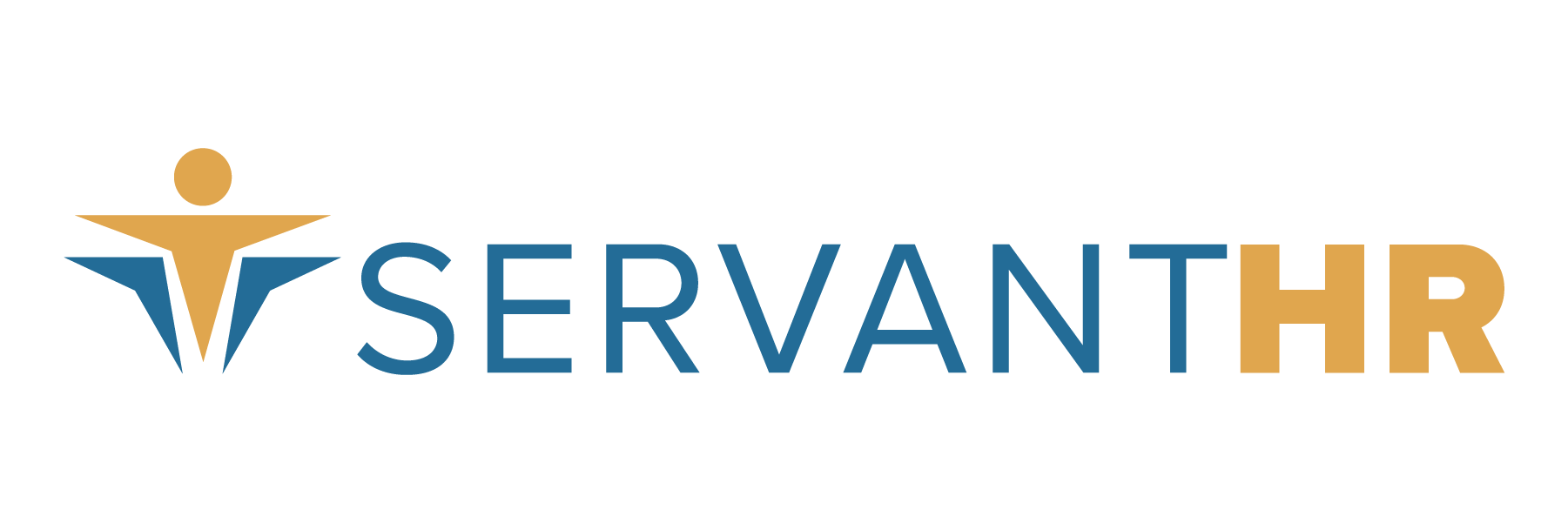There you are, fearing the worst, afraid to check your mailbox, knowing that it is coming. You are already having financial problems, living paycheck to paycheck, struggling to pay the bills, but you know your situation is about to become a lot worse. Then the day finally comes, and you open the letter that contains the phrase you have been dreading: “garnishment of wages.”
Anyone in this position will likely have many questions: Can they really take my paycheck? How much can they take? Will I lose my job when my employer finds out? Is there anything I can do about it? The answers below may help you understand your rights and what to expect if you find yourself facing a wage attachment.
What is a wage garnishment?
Wage garnishments typically result from unsecured debt (such as credit cards) that has gone unpaid and ignored, or from delinquent tax situations or back-owed child support. A creditor or debt collection agency can file a lawsuit as a last ditch effort to recover an unpaid debt. If the court rules in favor of the creditor, a judgment may be issued that requires an employer to garnish (or “attach”) the debtor’s wages, sending a portion of each paycheck to the creditor.
How much can they take?
The amount of earnings that can be garnished in a work week or pay period is restricted by Title III of the Consumer Credit Protection Act (CCPA). If a pay period covers more than one week, weekly pay calculations must be used to determine the amount garnished. The amount is typically the lesser of:
1.) 25% of an employee’s “disposable earnings” (money left over after regular taxes are withheld), or
2.) the amount that disposable earnings are greater than 30 times the federal hourly minimum wage
Example:
If an employee’s disposable earnings are $217.50 ($7.25/hour x 30 hours) per week or less, there can be no garnishment. If disposable earnings exceed $217.50 but are less than $290.00 ($7.25/hour x 40 hours), any amount over $217.50 is subject to garnishment. A maximum of 25% can be garnished if disposable income is $290.00 or higher. (Example provided by US DOL website.)
Wages may not be garnished by more than one creditor at a time unless the primary garnishment does not take the full 25% allowed by law. (These garnishment restrictions do not apply to certain bankruptcy court orders or debts due for federal or state taxes.)
Child or spousal support orders are always given priority over any other wage garnishment. Federal law for child support and alimony allows up to 50% of disposable income to be garnished if an employee is supporting another spouse or child, or 60% if not supporting another spouse or child. An additional 5% can be garnished for support payments that are 12 or more weeks in arrears.
Can I lose my job over this?
Employees are often embarrassed when faced with garnishment, because it means that their employer will now be made aware of their financial situation. The CCPA does protect an employee from being fired because of a single wage garnishment; however, in some states, that protection goes away if more than one garnishment occurs within a 12-month period.
What can I do about it?
If you are facing a debt that you are struggling to pay, the best plan of action is to act early and reach out for help. Speak to your creditors, work out a payment arrangement and stick to a repayment plan. A counseling agency may also be able to help you negotiate lower payment arrangements with a creditor. State law requires creditors to provide adequate notice of any pending legal action, but once a judgment has been issued and the payment arrangement is set by the court, your options will be very limited.
If you have already received notice that your employer has received an order to garnish your wages, you may be upset or angry. But it is important for you to understand that your employer is obligated to comply and garnish your wages according to the legal order. If you have already made other arrangements for repayment of the debt, contact your creditor directly or appeal to the court. If the amount being garnished is causing undue hardship in paying other bills or properly providing basic needs for your family, you can hire an attorney and set up an appeal to the judge to reconsider the amount.
Remember, it is always better to tackle the issue early on and work out a way to satisfy your creditors before a wage garnishment is issued as a last resort.
This article is intended as general information and should not be used as legal advice. Please visit the Department of Labor’s Wage and Hour Division page or call 866-4USWAGE for more information.





